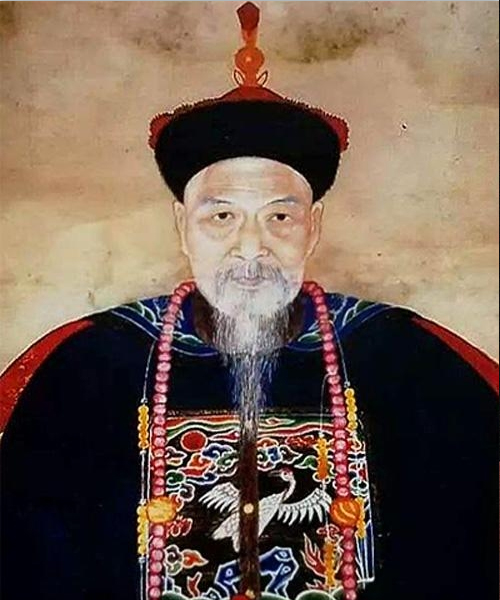
Wang Maoyin (1798-1865), courtesy name Chun Nian and also known as Zi Huai, was a financial economist during the Qing Dynasty. He was born in Qizi Village, Shexian County, and later moved to Yicheng, Xiongcun. Wang Maoyin was a highly insightful financial expert who served in the Ministry of Revenue for many years and was in charge of the affairs of the Money Law Court. As a result, he paid close attention to currency reform and proposed practical measures to alleviate financial crises based on different social and fiscal conditions.
In 1851, Wang Maoyin presented the "Articles on the Chao Law and Discount" and suggested the issuance of silk banknotes financed by silver merchants who would be responsible for redeeming them on behalf of the government. This proposal aimed to address the financial difficulties but was rejected by the imperial court. In 1853, he submitted two memorials advocating for currency reform, both of which were rejected. Wang Maoyin's monetary reform plan was included in the writings of the Russian envoy in the book "Russian Writings on China" at the Russian Legation in Beijing. Karl Marx also mentioned the criticism Wang Maoyin received for advocating for "redemption" in his footnote in Volume 1, Chapter 1 of "Capital: Critique of Political Economy."